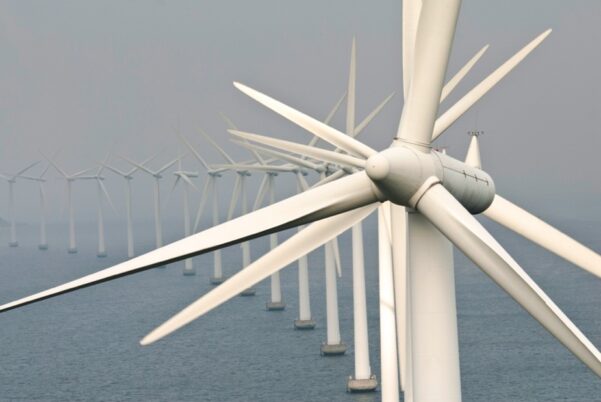A new report from McKinsey & Company reveals the urgent need to scale up decarbonisation technologies to meet global climate targets, particularly in Europe and the United States.
Despite progress since the Paris Agreement, there remains a “reality gap” between ambitious climate goals and actual implementation of necessary technologies like renewable energy sources (RES), electrification (EVs and heat pumps), carbon capture, utilisation, and storage (CCUS), green hydrogen, and sustainable fuels. While solar and wind capacity has risen sharply in the past 15 years, the deployment of these technologies has not reached the scale required to meet 2030 targets, risking setbacks due to material shortages, long permitting processes, and weak economic returns for developers.
The article, titled “The energy transition: Where are we, really?”, highlights that the disparity between project target volumes, expected volumes, and those reaching final investment decision (FID) is significant—therefore threatening the pace of the energy transition. Key issues threatening progress include the lack of FIDs for many projects, particularly in newer technologies like CCUS and hydrogen, where pipelines are large but only a small percentage of projects get the go-ahead. Offshore wind projects, for instance, face significant challenges in both Europe and the U.S., with many planned projects at risk of falling short of 2030 targets. Similarly, the growth of EVs and heat pumps has slowed at a time when acceleration is most needed. The lack of charging infrastructure and the high costs of heat pump installations remain barriers.
Multiple impacting factors
Inflation and rising interest rates, further complicate the investment climate, making green projects more expensive and uncertain. Emerging technologies, like sustainable fuels, face additional hurdles due to the need for entire value chains to be developed concurrently with individual projects. Labour shortages in the green technology sector also pose a threat future deployment.
Policy initiatives such as the European Green Deal and the U.S. Inflation Reduction Act have created momentum, resulting in record-high commitments to climate action. However, the report writes these policy frameworks may not be sufficient to bridge the growing gap between project announcements and their actual deployment. Many projects, especially in critical sectors like hydrogen and CCUS, lack reference cases to prove viability, leaving investors hesitant.
The report concludes that there has been significant progress in adopting decarbonisation technologies, but the pace of deployment is still too slow to meet 2030 and 2050 targets.
Read a further press release here
